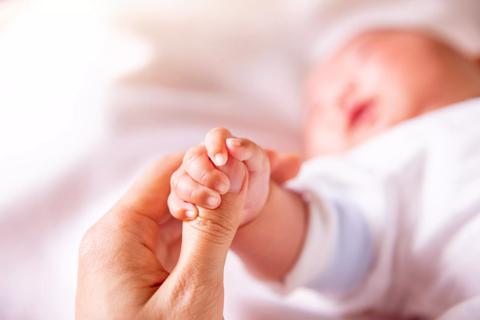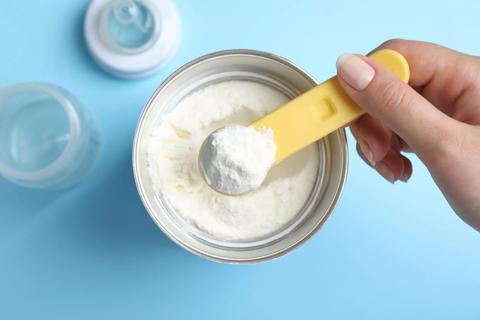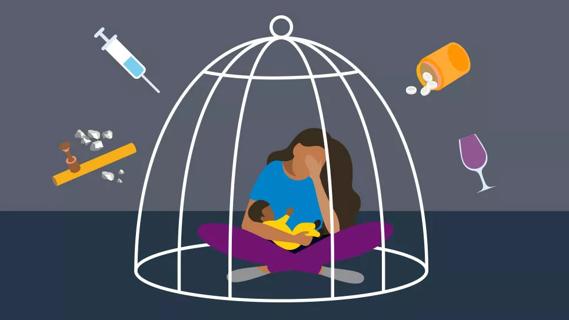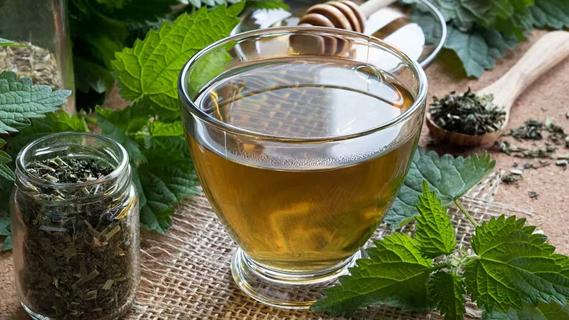Study finds holding off is beneficial

For years, newborn babies have received their very first bath within just hours of being born. But a new Cleveland Clinic study shows that holding off ― for at least 12 hours ― can be beneficial for baby.
Cleveland Clinic is a non-profit academic medical center. Advertising on our site helps support our mission. We do not endorse non-Cleveland Clinic products or services. Policy
“We wanted to conduct research on this topic because more mothers were asking us not to bathe their baby right away,” says mother/baby nursing professional development specialist Heather DiCioccio, DNP, RNC-MNN, who led the study.
They were reading on mom blogs that it was better to wait to bathe their baby the first time since amniotic fluid (the fluid that surrounds a baby until the mother’s water breaks) has a similar smell to the breast, which may make it easier for the baby to latch. But looking to the nursing and medical literature, Cleveland Clinic nurses found data was scarce, with only one other study on the topic, and felt they needed more rigorous data.
After conducting their own study, the researchers found delaying the bath from two hours (the previous standard) to at least 12 hours increased how many moms exclusively breastfed their babies and went home planning to do so. They also saw the baby’s body temperature remained more stable by delaying the bath.
The research team looked at 996 pairs of healthy mothers and their infants. They compared the number of moms and babies who exclusively breastfed before and after the bath delay practice was put into effect.
The results showed the rates of exclusive breastfeeding rose from 59.8 percent to 68.2% after implementing the delayed bath practice. Newborns who had their baths delayed were also more likely to go home with a plan for continued exclusive breastfeeding. This affect was stronger in women who had a vaginal birth versus a C-section.
The answer is unclear, but research findings (Cleveland Clinic’s and that of others) point to a few factors:
Skin-to-skin time. The new findings support what researchers have already known about the importance of skin-to-skin contact for babies and caregivers right after birth.
“Human touch is vital to the parent and the baby,” DiCioccio explains. “You need to have that human touch. I think that by not washing the baby (so soon), encouraging skin-to-skin contact and breastfeeding, you’re improving that human touch. So you’re now looking at a long-term health benefit.”
Smell. The similarity in smell between the amniotic fluid and the breast may encourage babies to latch.
Body temperature. Babies weren’t as cold when they didn’t bathe right away. Being cold, DiCioccio says, can mean a baby who’s too tired to nurse.
Exclusive breastfeeding provides a benefit for the baby that extends beyond the first hours or days of life, she adds. Research has shown that it can benefit the health of both mother and child for years to come.
Now, thanks to this research, all Cleveland Clinic hospitals are moving to adopt this new delayed bath practice. DiCioccio says she hopes that this research will encourage additional nursing research and contribute to the newborn bath guidelines being changed in the future for other hospitals.
Complete results of the study can be found found in the Journal for Obstetrics, Gynecologic, and Neonatal Nursing.
Learn more about our editorial process.

Lanugo — the soft, fine hair that develops in utero — is harmless and will shed within a few weeks

Crossed eyes in a newborn are fairly common, typically harmless and usually go away

When breastfeeding doesn’t go as planned, you may need to supplement with formula or donor breast milk — and that’s OK

Neonatal opioid withdrawal syndrome, or NOWS, can develop when a birthing parent uses opioids, nonmedical drugs or even some prescription drugs during pregnancy

Breastfeeding supplements can be a needless expense at best, and risky at worst

Typically, milk comes in a few days after birth and regulates around four weeks after delivery

Most parents report an improvement in breastfeeding, but there’s a chance the procedure won’t solve the issue

From the football hold to the cradle hold, consider trying a variety of techniques

Your metabolism may torch 1,300 to 2,000 calories daily with no activity

A gentle touch in all the right places may help drain your sinuses